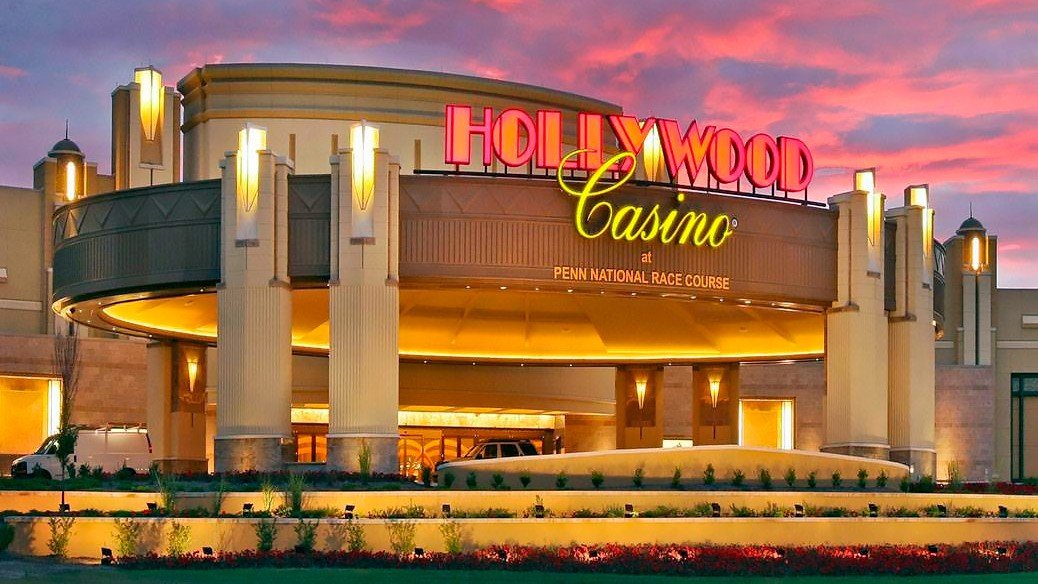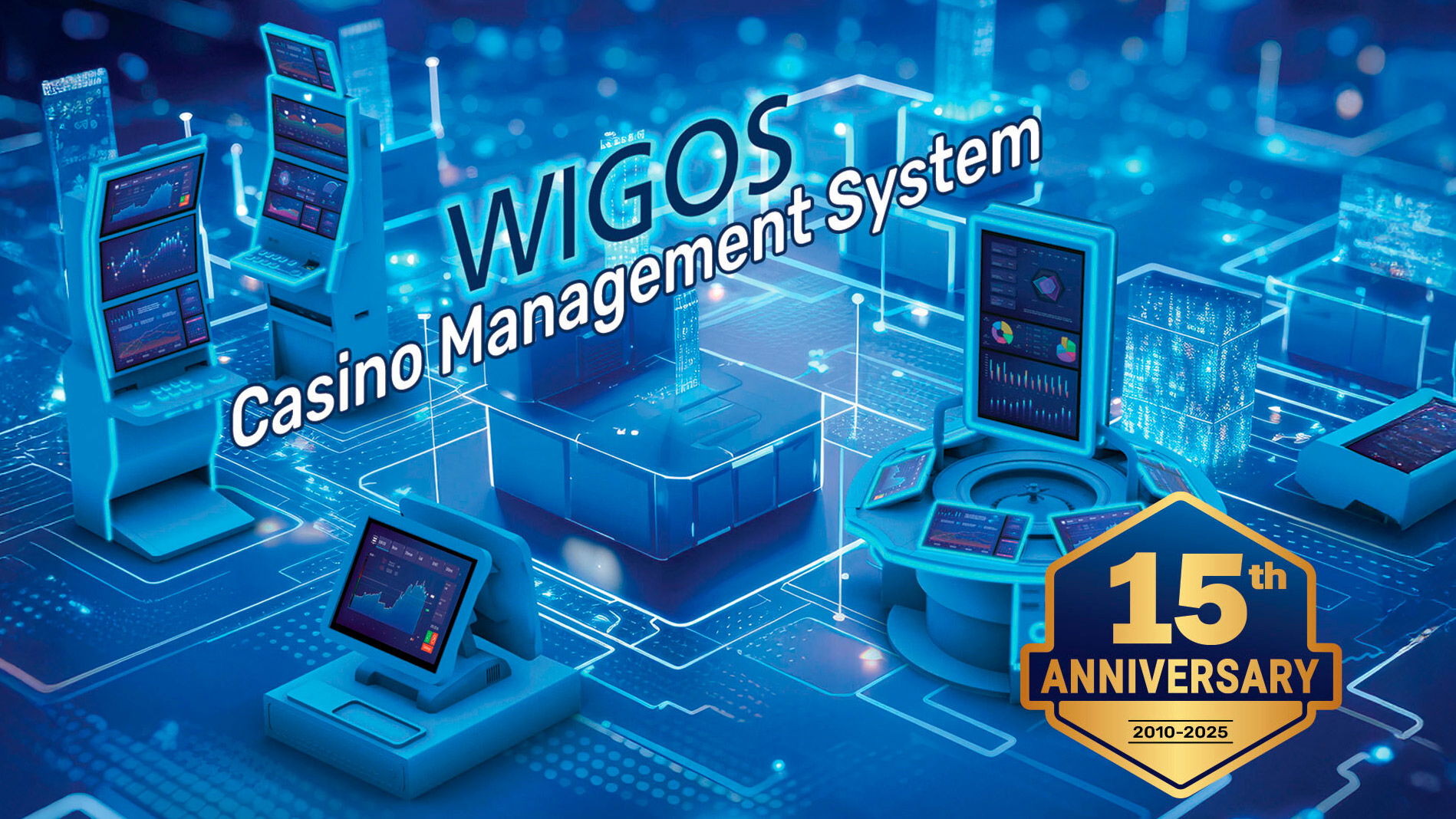What is a gaming license?

Ron Mendelson is the Director of Costa-Rica based International Business & Corporate Services consultancy firm, Fast Offshore. With over 24 years of real-world experience in iGaming Licensing and Payments, Regulatory Compliance, Tax-Efficient Corporate Structuring, Incubator and other Hedge Fund Licenses, Blockchain and Cryptocurrency related services, he advises a number of international clients on their business needs in the Americas, Europe, and beyond.
An online gambling license is a permit issued by a jurisdiction that gives the holding entity the right to operate an online gambling site, including slots, casinos, betting, live dealer, lotto, and more, in a legal manner. It is issued for a specific period, against a cost, and following the completion of an application and evaluation process. If you want to run an online gambling company, it is necessary to do so legally, and in most cases, this requires acquiring a valid gambling license from at least one jurisdiction. In his latest column for Yogonet, iGaming industry consultant Ron Mendelson analyzes the various aspects of obtaining a gambling license.
What a gaming license allows
When you hold a valid online gambling license from a legitimate jurisdiction, you can do the following:
-
Run an online gambling site that offers betting, casino, and other forms of gambling to members of the public with fiat and or cryptocurrency;
-
Buy software from leading developers and service providers;
-
Set up a bank account to deposit revenue;
-
Partner with leading payment processors, for example, Visa and Mastercard, as well as other gateways;
-
Operate in a legal and ethical way;
-
Build trust with players and nurture long-term, profitable relationships.
Rules and regulations
Each jurisdiction that offers an online gambling license has a set of rules and regulations to ensure the sector remains transparent and ethical. These regulations are included in the law and must be met in order to obtain a license and continue holding it. The rules and regulations will differ between jurisdictions but usually include the same core aspects.
These can include following anti-money laundering rules, offering a fair and transparent service, not offering to game to underage players, making swift payouts, and giving information on addiction and getting help if needed. It can also include displaying a logo linked to the regulator, policies relating to using the service, and terms and conditions.
Enforcement
Enforcement is carried out by the regulator or gaming commission but it is also backed up by police and the judicial system. Governments typically take adherence to the rules very seriously and will crack down on those who fail to do so. Violations can result in fines, sanctions, suspension or revocation of license, arrest, and criminal convictions. It can also hamper the operator's ability to acquire other kinds of licenses in the future, and it can mean significant reputational damage.
Gaming control boards
Every jurisdiction that issues a gambling license has a specially appointed body to oversee all gambling operators. They regulate the sector, issue licenses, monitor activity, and deal with complaints and issues. These gaming control boards are also responsible for updating regulations as and when necessary, in line with the changing landscape. They can have various names such as Gambling Commission, Gambling Board, Gaming Association, or similar, but the general term is Gaming Control Board. These entities are usually independent government institutions mandated by the ministries of justice or the economy.
Process
The process you need to follow to get a gaming license varies in each jurisdiction, as do the criteria. But as a standard, it is as follows:
-
Engage a corporate service provider.
-
Set up a local company
-
Provide due diligence and KYC documents on yourself and key individuals in the company, including passports, references, CVs, and proof of address.
-
Submit a business plan including target audience, location, payment, financial projections, types of games, HR, marketing, growth, and a contingency plan.
-
Complete an application form.
-
Provide any other documents requested by the jurisdiction.
-
File them and pay any application fees.
-
Open a bank account.
-
Negotiate and agree with payment providers and gateways.
-
Go live.
-
Stay on top of periodic and ongoing compliance, reporting, and other corporate obligations.
Cost
Again, the cost of getting set up will really depend on the jurisdiction. Some licenses, such as Curacao and Kahnawake, are much more cost-efficient than Malta or the Isle of Man. But it ultimately depends on your budget and your overall aim, as sometimes it is worth the investment to go with a more expensive jurisdiction. Others may prefer to opt for a lower-cost jurisdiction and then upgrade to another at a later stage. Fast Offshore provides both custom-made and off-the-shelf licensing packages so you can remain in control of all financial outgoings at the setup stage while only paying for the services you need.
Compliance
As a gambling license is a legal permit, you will have to maintain the criteria under which you applied for as long as you hold it. In addition, you will need to adhere to other rules relating to preventing financial crimes, underage gambling, and being fair and ethical with players. Compliance can be complex and costly, but there is help at hand. Fast Offshore can assist with everything relating to online gambling compliance and your operations.
Fast Offshore has been working for over two decades at the heart of the online gambling industry. We have helped our clients make the right choices, realize their visions, overcome obstacles, and above all, succeed. We pride ourselves on transparency and efficiency and pledge to always and only act in your best interest. Contact us today to find out more!


















































